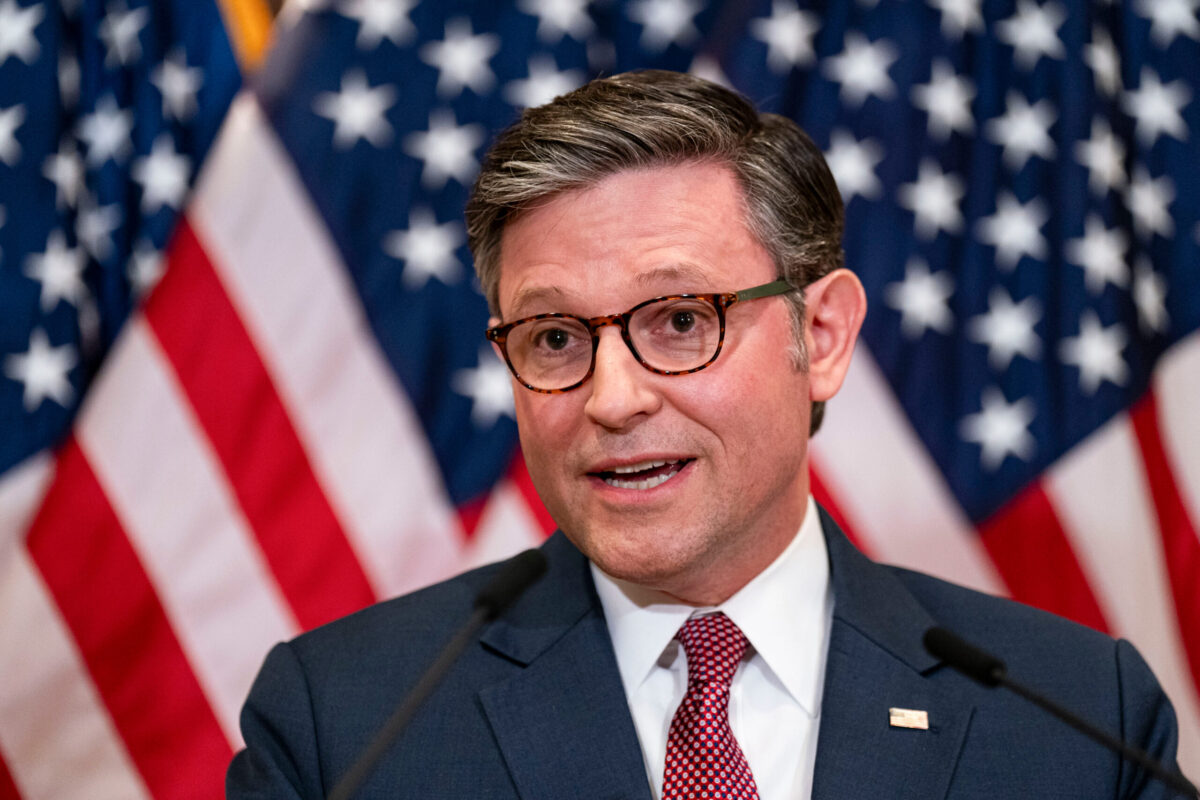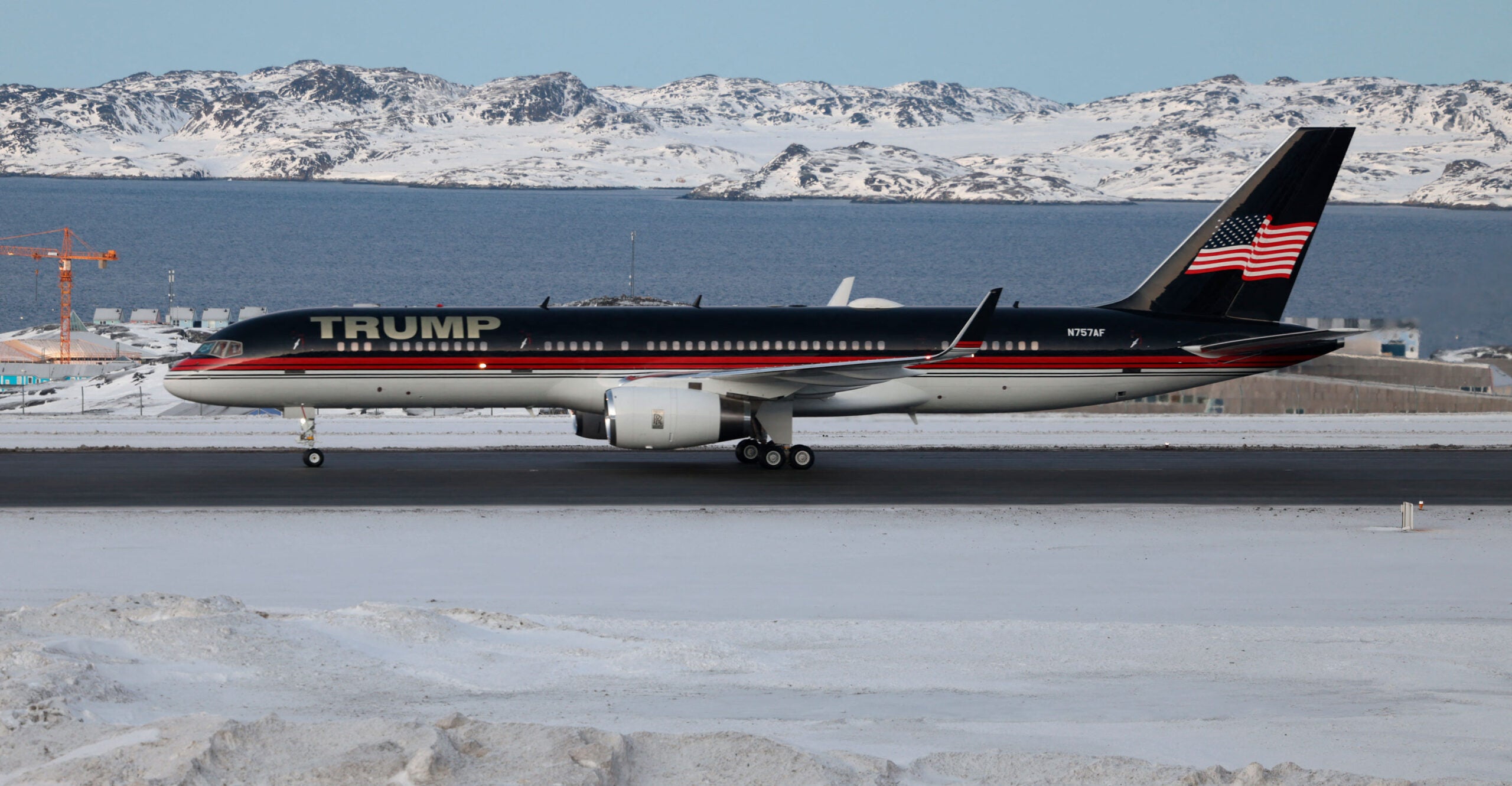China’s President Xi makes rare visit to province days after blockade ‘drills’ of Taiwan
Communist leader express confidence U.S. could have 'win-win' cooperation



As tensions in Asia continue to rise, China’s President Xi Jinping made a rare trip to Fujian province, an outwardly facing province located across the Taiwan Strait only days after China executed a military blockade “drill” which surrounded and blocked off key ports in Taiwan.
According to the Xinhua News Agency, Xi made a visit to the province to push for modernization in the region which has become an important and robust private economy, slowly growing into a demonstration zone for integrated development within the Taiwan Strait.
“Fujian should continue to make greater progress in accelerating the development of a modern economic system,” Xi said.
Xi urged local authorities to promote institutional “opening up” and gave instructions for the direction he wants to see the province go in.
“Efforts must be made to accelerate the establishment of institutions and mechanisms to support all-around innovation, promote integrated reform of institutions and mechanisms pertaining to education, science and technology, and talent in a coordinated manner, and develop new quality productive forces in line with local conditions,” Xi said.
On Wednesday, Reuters reported Xi said in a letter to China’s annual awards dinner of the National Committee on U.S.-China Relations that China would be willing to have a friendly relationship with the U.S., and noted a successful partnership between the two nations would mutually benefit both countries.
“China is willing to be a partner and friend with the United States. This will benefit not only the two countries, but the world,” Xi reportedly said according to CCTV.
Xi added China has always handled the relations between China and the U.S. with mutual respect, and a belief that there could be a win-win cooperation.
“China has always handled China-U.S. relations in accordance with the principles of mutual respect, peaceful coexistence and win-win cooperation, and has always believed that the success of China and the United States is an opportunity for each other,” Xi said.
However, despite Xi’s assertion China wants to have peace and prosperity, escalating tensions in the South China Sea, the continuous threats made toward Taiwan, China hacking U.S. companies, and sending spies to gather intel on U.S. military bases, have done little to garner a friendly relationship between the U.S. and China.
Watch how a Chinese maritime militia vessel deliberately sideswiped and collided with #Phillipines BFAR vessel patrolling the Sandy Cays of Thitu Island.
The incident occurred yesterday.
Whether it’s #PLANavy, CCG or Maritime militias, they all have one job- harassment. pic.twitter.com/op96M1HRAN
— Dr. Minh Tran (@MinhDr18) October 15, 2024
#China has encircled #Taiwan from all sides by launching, “Joint Sword-2024B”. This is a blatant display of irrational aggression and intimidation. Condemn China!! @keverington @NoCCPGenocide @DesmondShum @TaipeiShihChung @MichaelPolakLaw @OmicronCommuni1 pic.twitter.com/2LsoIe7zLq
— Katie Anderson (@KatieAnder42) October 14, 2024
China Uses 4 Major Electronic and Signal Intelligence Facilities in Cuba to Spy on US
The base is located only 100 km from the American Guantanamo Bay, and is actively expanding. pic.twitter.com/VRQYkiP6XK
— Jürgen Nauditt (@jurgen_nauditt) July 3, 2024
According to a report from the Carnegie Endowment for International Peace: U.S.-China Relations for the 2030s: Toward a Realistic Scenario for Coexistence, the relationship between the U.S. and China looking beyond 2030 could be a constructive one, but it needs to come with a more realistic vision.
Senior Fellow and Director at the American Statecraft Program Christopher Chivvis, said in the report’s introduction the relationship between China and the U.S. is crucial to keeping peace and world order.
“The tensions marking the U.S.-China relationship have generated a pessimistic, sometimes dire, vision for its future. Hostility has reached a level that makes war thinkable and perhaps even likely within the next decade. It has become difficult to imagine how Washington and Beijing might turn their relationship, which is so crucial to the future of world order, toward calmer waters. If there is to be any hope of doing so, however, policy experts need some realistic vision of what those calmer waters might look like,” Chivvis said.
What's Your Reaction?

































































































